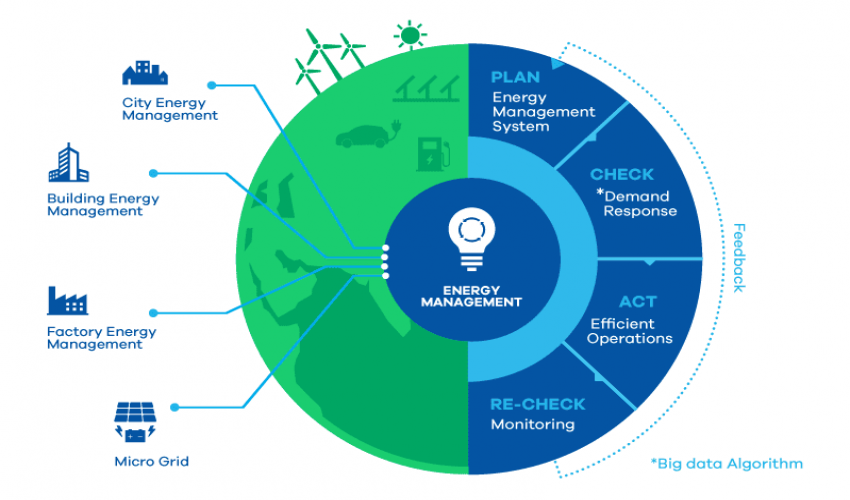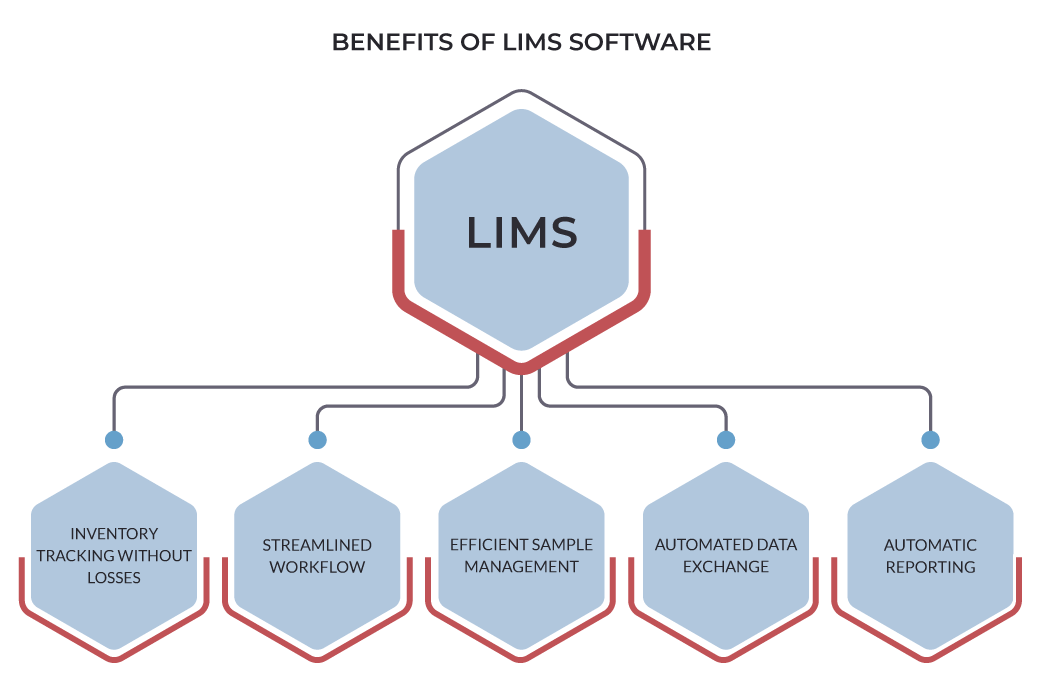
Energy Management
Energy management includes planning and operation of energy
production and energy consumption units. Objectives are resource conservation,
climate protection and cost savings, while the users have permanent access to
the energy they need. It is connected closely to environmental management,
production management, logistics and other established business functions.
It is important to integrate the energy management in the
organizational structure, so that the energy management can be implemented.
Responsibilities and the interaction of the decision makers should be
regularized. The delegation of functions and competencies extend from the top
management to the executive worker. Furthermore, a comprehensive coordination
can ensure the fulfillment of the tasks.
It is advisable to establish a separate organizational unit
“energy management” in large or energy-intensive companies. This unit supports
the senior management and keeps track. It depends on the basic form of the
organizational structure, where this unit is connected. In case of a functional
organization the unit is located directly between the first (CEO) and the
second hierarchical level (corporate functions such as production, procurement,
marketing). In a divisional organization, there should be a central and several
sector-specific energy management units. So the diverse needs of the individual
sectors and the coordination between the branches and the head office can be
fulfilled. In a matrix organization the energy management can be included as a
matrix function and thus approach most functions directly.
- Energy resources & conversions & power plant systems
- Electricity industry structure and regulations
- Management of power transmission and distribution
- Project planning
- analysis
- and management
- Solar Energy: Fundamentals & Devices
- Solar Energy Systems
- Non-Conventional Energy Sources
- Environmental Auditing Techniques
- Electrical Power Generation
- Transmission and Distribution
- Environmental Impact Assessment
- Environmental Pollution and Control Technologies
- Efficient Lighting: Sources
- Systems and Design Aspects
- Energy Conservation
- Energy Efficient Building Design Technologies
- Energy Storage Technologies
- Biomass Conversion Technologies and Waste Management
- Heat Transfer
- Energy demand management
- Strategic energy management
- Marine energy management
- Hotel energy management
- Federal Energy Management Program
- IT energy management
- Thermo-Dynamics
- Energy Costs and Bill Analysis
- Economic Analysis
- Electric Motors and Mechanical Loads
Recent Published
Submit Manuscript
To give your manuscript the best chance of publication, follow these policies and formatting guidelines.


